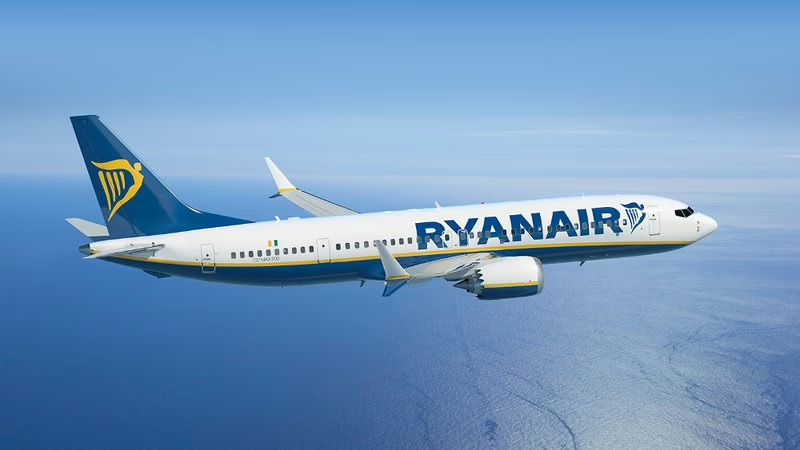Flight Friday: How Are Boeing And Airbus' Next-Generation Narrowbodies Faring?

With nearly 1,000 A320 and 737 MAX family aircraft ordered at the recent Paris Air Show, this week’s Flight Friday looks at how the average flight hours for Airbus’ A320ceo and A320neo, and Boeing’s 737-800 and 737-8 (MAX 8 and MAX 8200), have fared since the start of 2019.
Starting with the 737-8, from its grounding in March 2019 until the MAX’s recertification in December 2020, its average utilization was virtually zero, except for a few repositioning flights and test flights. However, the 737-8’s average utilization has since grown to nearly 220 hours per aircraft per month. The 737- 8200, which currently is exclusively operated by Ryanair and its sister companies, has a soaring utilization with 100 hours more per month than compared to the 737-8. This highlights just how much more utilization LCCs demand of their fleets, as an aircraft is not earning money when it sits on the ground.
The 737-800 is averaging nearly 240 hours per month in May 2023, making it the third-highest average utilization. With supply chain problems effecting new build aircraft, and well documented engine reliability and durability issues for both the Pratt & Whitney GTF and the CFM LEAP, operators are eager to keep some of the previous generation of aircraft flying. The consistent price of oil is also helping. If the cost of oil were to surpass $85 per barrel, then operators would start having to really consider their fleet make up as a result of the increased fuel overhead cost.
Looking at the two Airbus aircraft, the A320ceo and A320neo, the new engine option (NEO) model is preferred by operators who have both in fleet. The NEO (250+ hours) sits in second place and is averaging 50 hours per month more than the A320ceo (200 hours) in May 2023. With the NEO effected by the GTF, as approximately 45% of the NEOs are powered by the GTF, this has lowered it average utilization.
This data was put together using Aviation Week’s Tracked Aircraft Utilization data tool.



